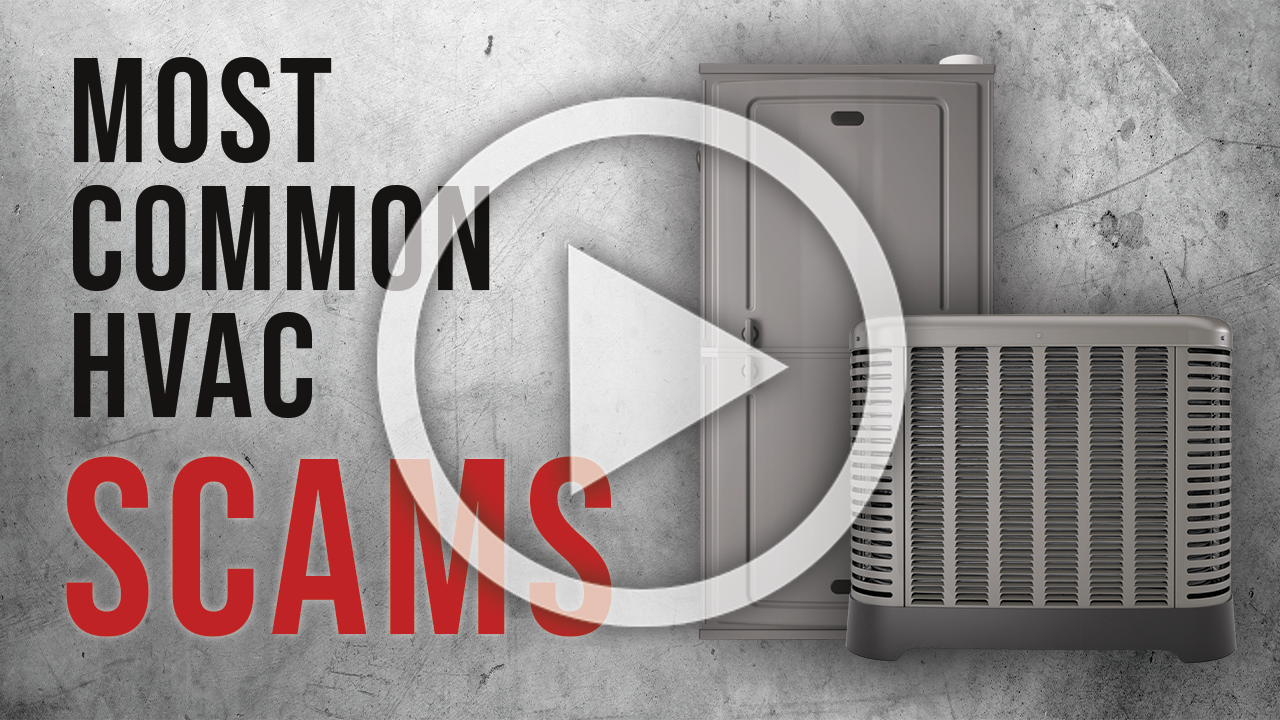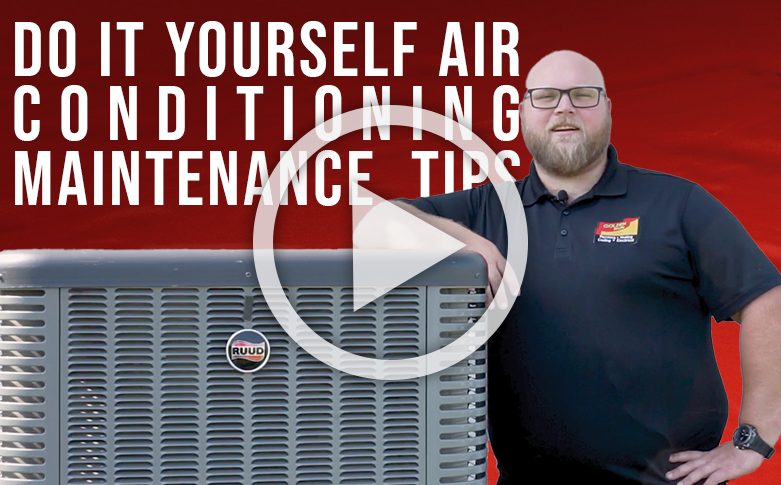Updated January 18, 2024

Introduction:
If you’ve noticed your lights flickering or dimming in your home, it’s essential not to disregard it as a minor inconvenience. Today, we’ll discuss when flickering lights might have simple solutions and when seeking professional help is crucial. Let’s get started!
Segment 1: Easy Fixes
Not every instance of flickering lights indicates a significant issue. Sometimes, it’s the small things that go unnoticed. Here are some minor problems you can investigate:
- Loose Bulb:
- If you’ve observed occasional flickering in a single light or when a large appliance starts, it might be a straightforward problem – a loose bulb.
- Here’s what you can do:
- Turn off the light, allow the bulb to cool down, and ensure it’s securely screwed in.
- Confirm that you’re using the appropriate bulb type for your fixture.
- Bulb Type
- The type of bulb you’re using can also contribute to flickering. For instance, fluorescent bulbs often flicker during their warm-up phase.
- Dimmer Switch Compatibility
- If you have dimmer switches, make sure your bulbs are compatible. LED bulbs, for instance, may flicker if used with non-LED dimmers.
Segment 2: When to Consult an Electrician
But what if the flickering persists despite checking these minor issues? If the flickering is continuous, severe, or consistent, it could indicate a more severe problem.
If the flickering is continuous, severe, or consistent, it could indicate a more severe problem.
Now, let’s explore some significant causes:
- Overloaded Circuit
- If you notice flickering when a major appliance is switched on, you could overload the circuit. If this is a frequent occurrence, it’s time to seek the assistance of a professional electrician. Never attempt to fix this on your own!
- Utility Service
- Occasionally, the problem may originate from your electricity provider, especially if you share a transformer with your neighbors. If you suspect this, contact an electrician.
- Voltage Fluctuations
- Use a voltmeter to check your home’s voltage. If it exceeds 125 volts, there might be a significant issue. Signs include frequent light bulb burnouts and appliances behaving erratically.
- Old or Loose Wiring
- Loose or outdated wiring can be hazardous and may lead to flickering. Please don’t underestimate this problem; it’s a leading cause of home fires.
- Arcing
- Loose wiring can result in arcing, which generates high temperatures and can spark fires. Have a professional inspect fixtures and breakers for loose connections.
- Main Connection
- If flickering occurs across multiple areas, your primary connection might be at fault. Engage an electrician to examine your primary meter box connection.
Segment 3: When to Call a Professional
When should you reach out to a professional electrician if you’re uncertain? Here are some compelling reasons:
- Avoid accidents, injuries, or fires.
- Ensure safe and proper wiring.
- Your insurance might not cover DIY electrical damage.
- Avoid exacerbating the problem with DIY attempts.
Remember, it’s wiser to prioritize safety over convenience. Don’t tackle electrical issues by yourself.
Conclusion
In conclusion, flickering lights might not be paranormal, but they should never be taken lightly. Don’t hesitate to contact a qualified electrician if you’re uncertain or have ruled out simple fixes. Your safety and peace of mind are paramount! If you are in Central Iowa and require a professional electrician, the team at Golden Rule is here to help. We will ensure your wiring and circuit boxes are in excellent condition for your safety.

Watch Out! Don’t Fall for These HVAC Scams Hey there, Central Iowa homeowners! Are you worried about keeping your home comfy and cozy without getting duped... Read More

DIY A/C Maintenance Tips: Easy Ways to Keep Your AC Running Smoothly Hey there, homeowners! Keeping your air conditioner (A/C) in tip-top shape doesn’t have to be... Read More

Are you seeking reliable, efficient, cost-effective home heating solutions? Look no further than the Ruud R951T Endeavor Line Classic Series Gas Furnace. At Golden Rule Plumbing, Heating,... Read More